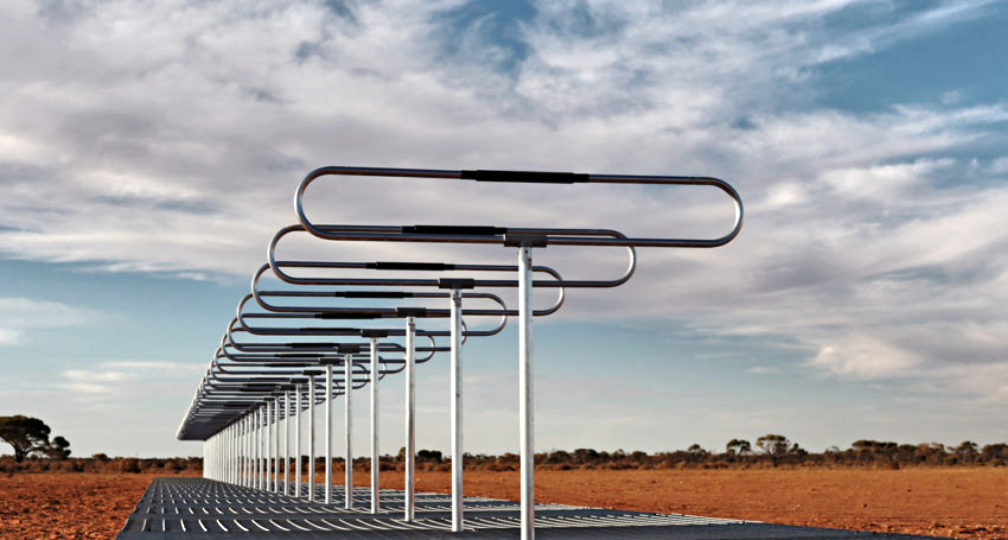
Silentium Defence has secured a $3.2m contract from the Australian Department of Defence to advance, deploy and demonstrate its passive radar system for monitoring traffic in space.
The funding comes in the $28 million latest round of industry grants from the Defence Innovation Hub.
Designed and developed in Adelaide, South Australia, Silentium’s MAVERICK S-series is the first commercial-scale passive radar system for surveillance of space and will provide persistent detection and tracking of objects in LEO to support space traffic management.

The system requires no spectrum allocation to operate and it can detect and track objects and measure rate of movement in low earth orbit regardless of weather, visibility, or time-of-day.
The Wingfield-based company also announced in June it would lead a project to build a multi-sensor space observatory in remote South Australia.
That project, in collaboration with Western Sydney University, was also awarded $1.46 million through the Australian Space Agency in June.

Simon Palumbo (left) and Dr James Palmer.
Silentium Defence CEO Dr. James Palmer said the latest contract win showed that “Defence recognizes the risk posed by the increasingly congested and contested space domain. Satellite systems are vulnerable to space debris and advanced counter-space capabilities which can deny, disrupt and destroy our space-based systems. Safe and assured access to this critical domain is predicated on availability of high-quality, real-time data to inform decision making. That is what the MAVERICK S-series will deliver, and we’re delighted to further advance the system using local skills and local technology with support and input from Defence.”
The contract will see Silentium Defence move from its successful completion of Phase one to the start of Phase two deployment under the Defence Innovation Hub program.
The observatory is expected to be completed next year and is being built near the River Murray town of Swan Reach, 160 km northeast of Adelaide and on the edge of South Australia’s only officially sanctioned International Dark Sky Place.
He said the passive radar would be powerful but low-power, accurate and agile enough to deliver a transformative capability for the Australian Defence Force and its allies.
Another South Australian company, Prism Systems, also received a $925,000 grant in the funding round towards developing and demonstrating an integrated capability solution for the Royal Australian Navy. The innovation seeks to improve the efficiency and effectiveness of ship and aviation system integration flight trials through automating processes, analysis, recording, and reporting of data.
South Australia is also home to major Tier 1 defence companies and several emerging space startups, including Fleet Space Technologies, Inovor Technologies and Myriota.
Minister for Defence Industry Melissa Price said the latest contracts provided Australian businesses with opportunities that could enhance defence capability. The Australian Government’s goal is to triple the size of the nation’s space sector to $12 billion and create an extra 20,000 jobs by 2030.
Story is courtesy of Andrew Spence, THE LEAD
